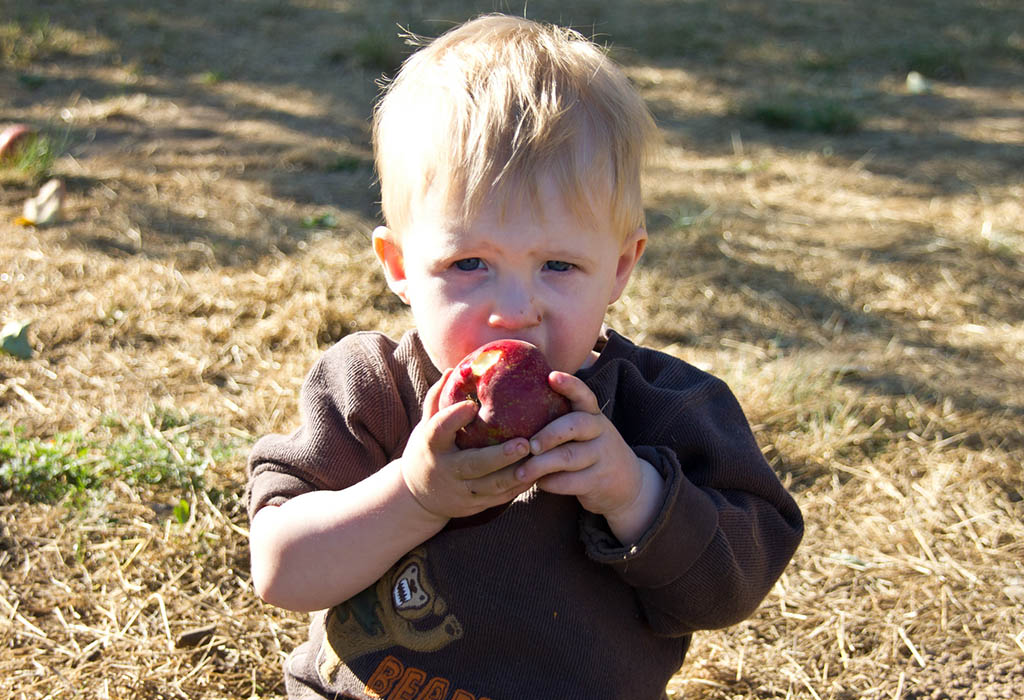How do you like them apples?
The old rhyme tells us an apple a day keeps the doctor away. But is there something to keep the inevitable brownness that appears on your delicious sliced apple away too? Thanks to science, the answer is now yes, there is.
Almost all plant tissues (as well as many bacteria, animals and fungi) carry a naturally occurring enzyme known as polyphenol oxidase (PPO). When fruit and vegetables are cut, bruised or damaged, their cells become broken, allowing PPO to react with oxygen and other components in the cell to produce a brown pigment. This is known as enzymatic browning.
The browning actually serves a useful purpose for the fruit—it forms compounds that are toxic to bacteria, thereby enabling the fruit to last a little longer after it’s been exposed to oxygen before it starts to rot.
Different levels of PPO activity mean some varieties of fruit will brown more quickly than others. The fruit’s maturity and the conditions under which it was grown can also play a part. The browning can affect colour, flavour and nutritional value but, more importantly, it has huge economic implications. It’s estimated that more than 50 per cent of fruit market waste is due to enzymatic browning.
In the 1980s, CSIRO was able to demonstrate that the reason for the low-browning character of a certain type of sultana was because it contained lower levels of active PPO protein. By 1991 scientists had successfully cloned the first plant PPO gene, and they reasoned it was now possible to clone PPO genes from any fruit or vegetable that displays browning when damaged, with the aim of producing low-browning transgenic varieties.
The apple’s genome was mapped several years ago, and the four genes responsible for PPO production were identified. Now, a Canadian biotech company, using the technology first developed by CSIRO, has produced the first commercially available non-browning apple.
Using a technique known as gene silencing (interruption or suppression of the gene) to ‘turn down’ the expression of PPO, the company has basically eliminated PPO production in the fruit. Without PPO, the chemical reaction that causes browning does not occur.

The process began in the lab, where researchers introduced the gene sequences designed to silence PPO gene expression in apple tissues. The apple cells that successfully incorporated the new apple genes were then selected and encouraged to grow into new seedlings in the lab. These were then grafted on to rootstocks, which were planted and grown like any normal apple tree.
The apples have undergone more than ten years of testing and have been approved as safe by the US Food and Drug Administration. The company hopes to expand its non-browning range of apples in the coming years.
The apples will be sold pre-sliced in snack-sized bags in select parts of the USA. The technology means the apples won’t need additional treatment with preservatives such as vitamin C and calcium to prolong their freshness, which can also affect the flavour.
The non-browning technology has the potential to be applied to numerous horticultural crops including potatoes, beans, lettuce and other fruits such as avocados and bananas in which PPO-mediated browning is a major problem. If it means more fruit and vegies being eaten and less being wasted, then that’s a big win not just for science, but our planet as well.





